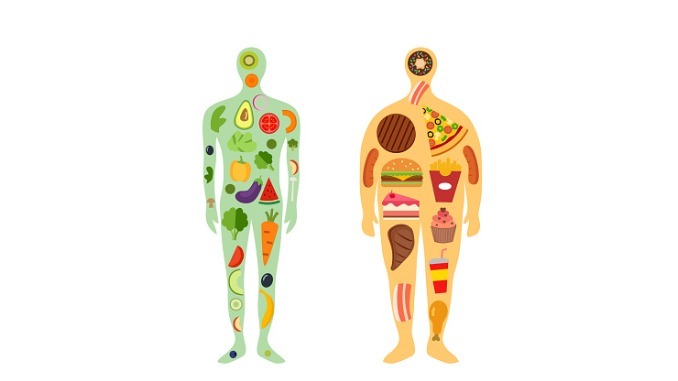As reported by The Guardian, new research reveals a startling rise in global obesity, with over 1 billion people affected, highlighting the urgent need for collective action to address this growing health crisis
More than 1 billion people worldwide are now living with obesity, with rates among children increasing fourfold across a 32-year period, according to new research.
Analysis of the weight and height measurements of over 220 million people from more than 190 countries shows how body mass index (BMI) changed across the world between 1990 and 2022.
Approximately 1,500 researchers contributed to the study by the NCD Risk Factor Collaboration with the World Health Organization (WHO). Published in the Lancet, it found that over the period obesity rates increased fourfold among children, and doubled among adults.
For girls worldwide, the obesity rate increased from 1.7% of the world’s population in 1990, to 6.9% in 2022. For boys, the increase was from 2.1% to 9.3% over the same time period.
Obesity is defined in adults as having a BMI greater or equal to 30kg/m2.
For women, obesity rates worldwide increased from 8.8% to 18.5%, and for men 4.8% to 14% across the same period. At the same time, rates of people who are underweight fell for both children and adults, meaning that obesity is the most common form of malnutrition across many countries worldwide.
The proportion of the world’s children and adolescents who were underweight fell by around one-fifth in girls and more than one-third in boys, while the proportion of the world’s adults who were affected by being underweight more than halved over the same period.
In total, 880 million adults and 159 million children were living with obesity in 2022. Tonga, American Samoa, and Nauru were the nations with the highest obesity rate at over 60%.
The UK ranked 87th highest in the world for obesity rates for women, and 55th highest for men.
Prof Majid Ezzati, senior author of the study, said it was “very concerning” the epidemic of obesity that was evident among adults in much of the world in 1990 is now mirrored in school-age children and adolescents.
He said: “At the same time, hundreds of millions are still affected by undernutrition, particularly in some of the poorest parts of the world. To successfully tackle both forms of malnutrition it is vital we significantly improve the availability and affordability of healthy, nutritious foods.”
Dr Tedros Adhanom Ghebreyesus, the director general of the WHO, said: “Getting back on track to meet the global targets for curbing obesity will take the work of governments and communities, supported by evidence-based policies from WHO and national public health agencies.
“Importantly, it requires the cooperation of the private sector, which must be accountable for the health impacts of their products.”
Prof Simon Kenny, NHS England’s national clinical director for children and young people, said: “These figures will be as alarming to parents as they are to the NHS.
“Obesity affects every human organ system, and so at a young age can have a major impact on a child’s life, increasing their risk of type 2 diabetes, cancer, mental health issues and many other illnesses, which can lead to shorter and unhappier lives.
“The NHS is committed to helping as many young people and families affected by extreme weight issues as possible through our new network of 30 specialist clinics, which offer tailored packages of physical, psychological and social support – but the NHS cannot solve this issue alone, and continued joined-up action by industry and wider society is needed if we are to avoid a ticking health timebomb for the future.”




Be the first to comment